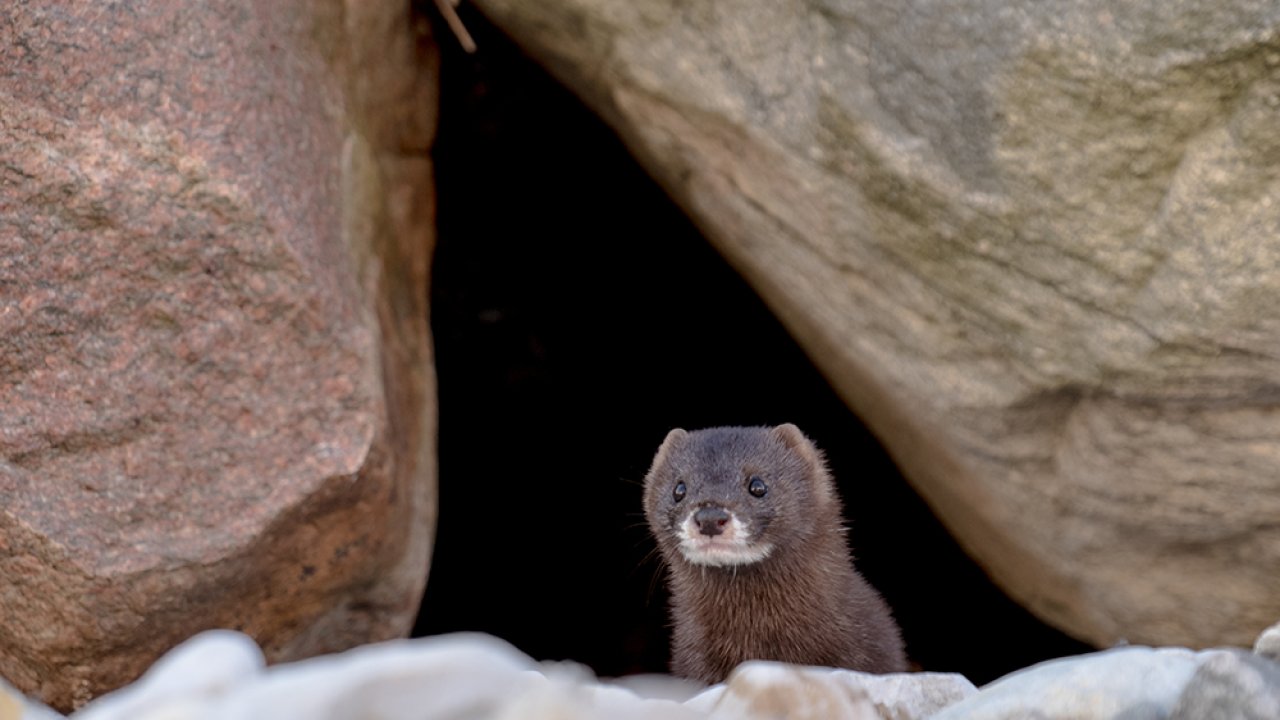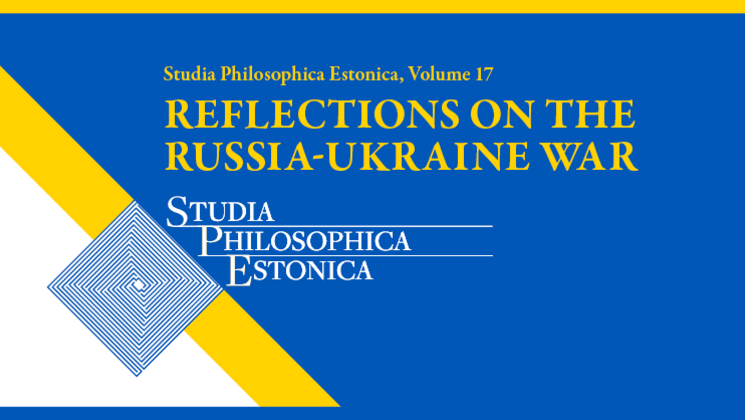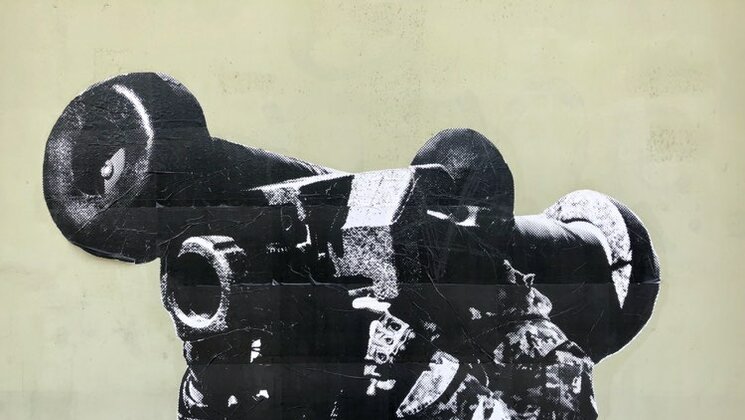-
Faculty of Arts and HumanitiesJakobi 2, r 116-121 51005 Tartu linn, Tartu linn, Tartumaa ESTJakobi 2 51005 Tartu linn, Tartu linn, Tartumaa ESTJakobi 2, IV korrus 51005 Tartu linn, Tartu linn, Tartumaa ESTJakobi 2, III korrus, ruumid 302-337 51005 Tartu linn, Tartu linn, Tartumaa ESTÜlikooli 16 51003 Tartu linn, Tartu linn, Tartumaa ESTLossi 3 51003 Tartu linn, Tartu linn, Tartumaa ESTÜlikooli 18 50090 Tartu linn, Tartu linn, Tartumaa ESTPosti 1 71004 Viljandi linn, Viljandimaa ESTJakobi 2 51005 Tartu linn, Tartu linn, Tartumaa ESTJakobi 2 51005 Tartu linn, Tartu linn, Tartumaa ESTFaculty of Social SciencesLossi 36 51003 Tartu linn, Tartu linn, Tartumaa ESTJakobi 5 51005 Tartu linn, Tartu linn, Tartumaa ESTLossi 36, ruum 301 51003 Tartu linn, Tartu linn, Tartumaa ESTNarva mnt 18 51009 Tartu linn, Tartu linn, Tartumaa ESTNäituse 2 50409 Tartu linn, Tartu linn, Tartumaa ESTNäituse 20 - 324 50409 Tartu linn, Tartu linn, Tartumaa ESTLossi 36 51003 Tartu linn, Tartu linn, Tartumaa ESTRaekoja plats 2 20307 Narva linn, Ida-Virumaa ESTRingi 35 80012 Pärnu linn, Pärnu linn, Pärnumaa ESTLossi 36 51003 Tartu linn, Tartu linn, Tartumaa ESTLossi 36 51003 Tartu linn, Tartu linn, Tartumaa ESTFaculty of MedicineRavila 19 50411 Tartu linn, Tartu linn, Tartumaa ESTBiomeedikum, Ravila 19 50411 Tartu linn, Tartu linn, Tartumaa ESTNooruse 1 50411 Tartu linn, Tartu linn, Tartumaa ESTL. Puusepa 1a 50406 Tartu linn, Tartu linn, Tartumaa ESTL. Puusepa 8 50406 Tartu linn, Tartu linn, Tartumaa ESTRavila 19 50411 Tartu linn, Tartu linn, Tartumaa ESTUjula 4 51008 Tartu linn, Tartu linn, Tartumaa ESTRavila 50411 Tartu linn, Tartu linn, Tartumaa ESTRavila 19 50411 Tartu linn, Tartu linn, Tartumaa ESTFaculty of Science and TechnologyVanemuise 46 - 208 51003 Tartu linn, Tartu linn, Tartumaa ESTNarva mnt 18 51009 Tartu linn, Tartu linn, Tartumaa ESTRiia 23b/2 51010 Tartu linn, Tartu linn, Tartumaa ESTRavila 14a 50411 Tartu linn, Tartu linn, Tartumaa ESTNarva mnt 18 51009 Tartu linn, Tartu linn, Tartumaa ESTRiia 23, 23b - 134 51010 Tartu linn, Tartu linn, Tartumaa ESTObservatooriumi 1 61602 Tõravere alevik, Nõo vald, Tartumaa ESTNooruse 1 50411 Tartu linn, Tartu linn, Tartumaa ESTJ. Liivi tn 2 50409 Tartu linn, Tartu linn, Tartumaa ESTVanemuise 46 51003 Tartu linn, Tartu linn, Tartumaa ESTVanemuise 46 51003 Tartu linn, Tartu linn, Tartumaa ESTArea of Academic SecretaryLossi 3 51003 Tartu linn, Tartu linn, Tartumaa ESTUppsala 6, Lossi 36 51003 Tartu linn, Tartu linn, Tartumaa ESTArea of Head of FinanceÜlikooli 17 51005 Tartu linn, Tartu linn, Tartumaa ESTArea of Director of AdministrationÜlikooli 18A (III korrus) 51005 Tartu linn, Tartu linn, Tartumaa ESTÜlikooli 18, ruumid 102, 104, 209, 210 50090 Tartu linn, Tartu linn, Tartumaa ESTArea of RectorArea of Vice Rector for Academic AffairsUppsala 10 51003 Tartu linn, Tartu linn, Tartumaa ESTÜlikooli 18b 51005 Tartu linn, Tartu linn, Tartumaa ESTArea of Vice Rector for ResearchW. Struve 1 50091 Tartu linn, Tartu linn, Tartumaa ESTArea of Vice Rector for DevelopmentNarva mnt 18 51009 Tartu linn, Tartu linn, Tartumaa ESTVanemuise 46 51003 Tartu linn, Tartu linn, Tartumaa ESTLossi 25 51003 Tartu linn, Tartu linn, Tartumaa EST
Call for Papers to the Conference "Traces of Extinction: Species Loss, Solastalgia, and Semiotics of Recovery" 5-7 June 2024


European mink. Photo: Tiit Maran
The sixth mass species extinction is one of the greatest ecological threats of our time. This conference focuses on cultural, subjective and semiotic approaches to extinction. A subjective approach to extinction may raise the question of how we experience extinction in the shared lifeworld or semiosphere. At the same time, artistic research seems to open fresh perspectives in combining cultural creativity with environmental decline. Extinction also reduces biocultural diversity and the resilience of ecocultures. By taking a perspective through naturecultures and cultural-ecological systems, we treat extinction as the degradation of such combined systems.
This perspective raises questions about cultural strategies that are effective in adapting to extinction, supporting endangered species, and overcoming trauma:
- How is extinction perceived subjectively, both from the point of view of the dying species and the humans who witness it?
- What cultural strategies can be used to raise awareness of extinction?
- What means do individuals and communities have for reducing and avoiding species extinction?
Interested parties are welcome to submit their abstracts of max. 300 words by 1 December 2023 to conference secretary Andrew M. Creighton (andrew.mark.creighton@ut.ee). Notification of acceptance will be given by 31 December 2023.
Keynote speakers
David B. Rothenberg (New Jersey Institute of Technology, USA)
Linda Knight (RMIT University, Australia)
Natalie Loveless (University of Alberta, Canada)
The conference is organised by the Department of Semiotics, University of Tartu in cooperation with Cost Action “CA20134 - Traces as Research Agenda for Climate Change, Technology Studies, and Social Justice (TRACTS) and Nordic-Baltic Transdisciplinary Research-Creation Network.
The conference is funded by the Estonian Research Council’s grant PRG1504 “Meanings of endangered species in culture: ecology, semiotic modelling and reception.” Conference is part of the Creative Nature Festival programme organized by University of Tartu Natural History Museum and Botanical Garden and partners. The festival belongs to the European Capital of Culture Tartu 2024 programme and is supported by SA Tartu 2024.

CFP to the Conference "Traces of Extinction: Species Loss, Solastalgia, and Semiotics of Recovery" 5-7 June 2024
Read more similar news






